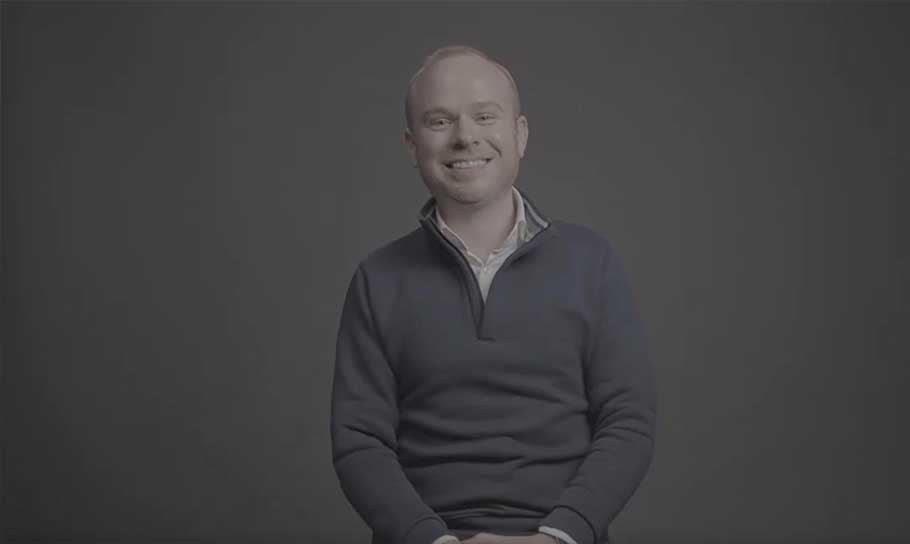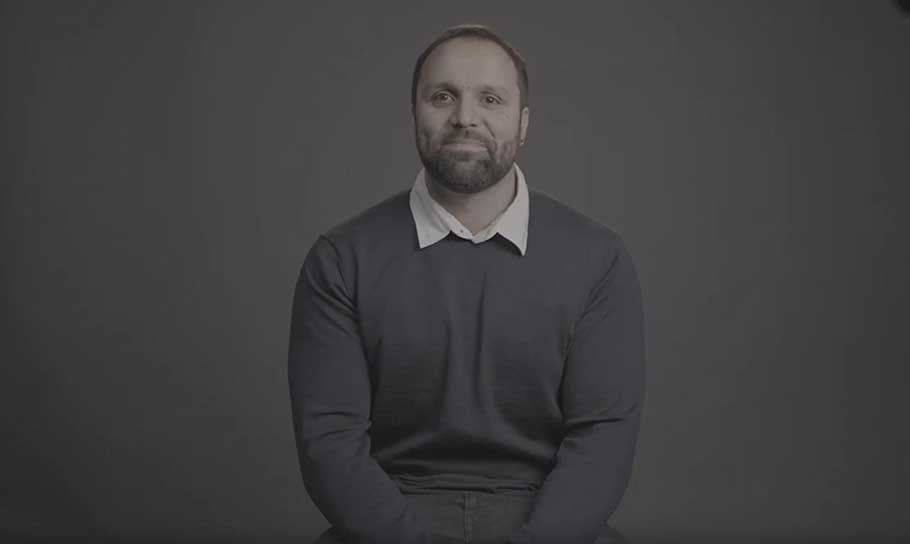Social mobility for us is about shaping a society where opportunities are for everyone so that everyone has a fair chance to succeed, and feels respected and included, irrespective of social background.
This is reflected in our social mobility guiding principles of Getting in, Getting on, and Belonging, which are in line with our Grant Thornton purpose of “doing what’s right ahead of what’s easy”.
Why is social mobility inclusion important?
An inclusive society where everyone – no matter their background – can fully participate and grow, is not only morally important but also necessary for society, businesses, and all of us as individuals.
The benefits of a more inclusive society are far-reaching: reduced poverty, improved health, longer lives, reduction in violence, improved education and sense of belonging, and far more.
But how is social mobility related to an inclusive society? Rigid social structures and limited opportunities often coexist; when social mobility improves, disparities fall. So, for us as individuals, as a business, and as members of our communities, it is very important to seek a present and a future where your chance to succeed in life and at work is based on your personal effort and results, and not background.
What have we done so far and what is our strategy going forward?
Our guiding principles for social mobility of Getting in, Getting on, and Belonging contain the three elements we recognise as leading to inclusion.
providing inclusive access to resources and opportunities for those who might be excluded otherwise.
ensuring our colleagues can pursue opportunities for development and progression no matter their background.
ensuring our colleagues feel fully valued and part of the Grant Thornton community.
Our current long-term strategy has six distinct areas: advocacy, attraction, recruitment, progression, community, and education & explanation. These goals are underpinned by internal and external visible leadership championing and advocating for social mobility initiatives.
Getting in: Attraction and Recruitment
Our recruitment team has worked to understand the impact of, and update, our own recruitment systems and structures so everyone can access the opportunity of working with Grant Thornton. This has included:
- Removing grade requirements for recruitment. Throughout the recruitment process applicants' grades are hidden from assessors, interviewers, etc. The school or university attended are also hidden.
- Use of multiple stage assessments to assess an individual's potential rather than their past experiences, recognising that not everyone will have the opportunity or means to take part in work experience and other activities, and providing extra support to those from less advantaged backgrounds throughout the recruitment process.
- We have also implemented NeuroSight, a data-driven analytics tool that helps remove bias in recruitment by using neuroscience-based behavioural insights to evaluate candidates objectively, focusing on skills, traits, and potential rather than subjective judgment, which therefore improves hiring decisions.
- Regular data collection, monitoring and updating of the stages in our recruitment process to ensure no specific group is underperforming.
- Offering work experience as part of the Access Accountancy scheme from the ICAEW, which is focused on those from lower socio-economic backgrounds who wouldn't normally get such experience at a professional firm.
The recruitment team's fantastic work was recognised at the 2022 & 2024 SOMO Awards, with them winning Recruitment Programme of the Year both times.
Our plan going forward is to continue this work, with a focus on:
- expanding the number of students reached each year through Access Accountancy.
- increasing the number of students from economic "Cold Spots" and universities across the country who apply and join Grant Thornton.
- boosting social mobility related community impact through staff volunteering.
Getting on: Progression and Advocacy
We seek to promote inclusion internally by ensuring everyone can progress at the same rate and to the same place, regardless of their background, in the following ways:
Promoting specific training and information materials to People Managers and the Grant Thornton Inclusion Allies on the experiences of those from lower socio-economic backgrounds and the bias and barriers they can experience, along with how we can change our workplace and team cultures to fully embrace and include everyone.
Internal data analysis has been undertaken to understand how socio-economic background and protected characteristics for specific internal groups impact whether a colleague stays with Grant Thornton and their career progression.
Data analysis has allowed us to offer development and career support to specific colleagues.
This work, coupled with our work to support people "Getting In" to Grant Thornton and the wider accountancy profession, has led to us maintaining a top 5 ranking (#3 in 2024) in the SME Index.
However, we realise there is more work to do, so our strategy going forward is to build on this work, with a focus on:
- evolving our internal mentoring and coaching offering, through our pilot Group Mentoring programme, addressing the needs of colleagues from Lower Socio-economic Backgrounds (LSEB).
- upskilling people managers in relation to social mobility topics so they can better support colleagues and teams personally and professionally.
- continuing to use data analysis to understand potential barriers to progression for colleagues from LSEBs, and reviewing this on an intersectional level.
Belonging: Community and Education & Explanation
We believe that belonging is a feeling of being empowered and a valued member of our Grant Thornton community. We aim to instil this feeling in our LSEB colleagues by building a community that recognises, respects, and supports everyone, encouraging everyone to embrace who they are at work. Building a sense of community has included:
- Educating our colleagues about what social mobility means in the workplace and what they can do to support themselves and others through presentations and discussions at department and team meetings.
- Encouraging and sharing stories among colleagues via internal articles, our community network, and other avenues. Our CEO, Malcolm Gomersall, has championed this through sharing his own lived experience firm-wide, and encouraging other senior leaders to be open about their own backgrounds too, re-enforcing the impact of senior role models and commitment to driving change.
- Running regular "tea breaks" for people to come together and talk. Each tea break has a topic related to social mobility, whether that is about economic cold spots, accent bias, budgeting, or code-switching.
Our strategy promotes the continuation of this work, with a focus on:
- Increasing education and understanding through more presentations and learning sessions to colleagues via department and team meetings.
- Increasing advocacy via our Social Mobility Senior Advisory Group (a dedicated group of partners passionate about developing social mobility throughout our firm), a suite of bitesize videos on key social mobility topics, and linking these to our tea breaks and community network discussions, allowing a space within our tea break for colleagues to share their personal lived experience, ask for support and for everyone to ask questions.
- increasing the visibility of leadership by Grant Thornton and our colleagues, internally and externally, to amplify messages on the importance of social mobility and promote discussion of the innovative ways we can change our workplaces and cultures to be inclusive and create a sense of belonging for all.
Get in touch...
Jon Roden
Partner and Social Mobility Convenor
Jenn Barnett
Head of I&D, Environment and Sustainability






